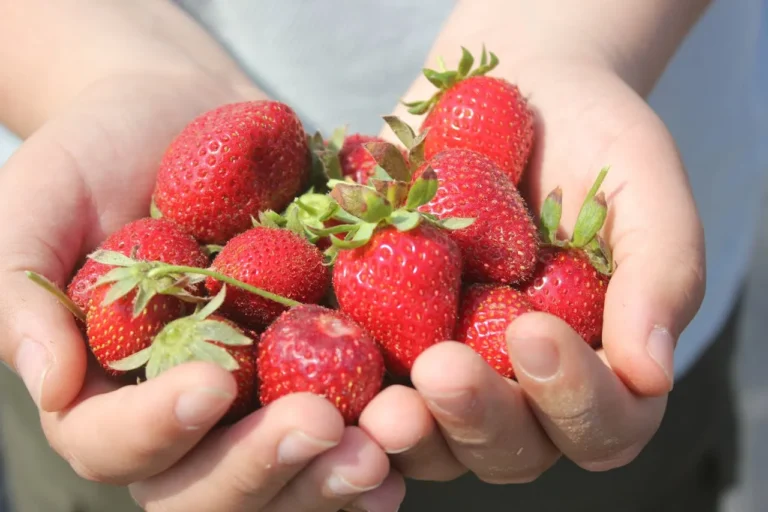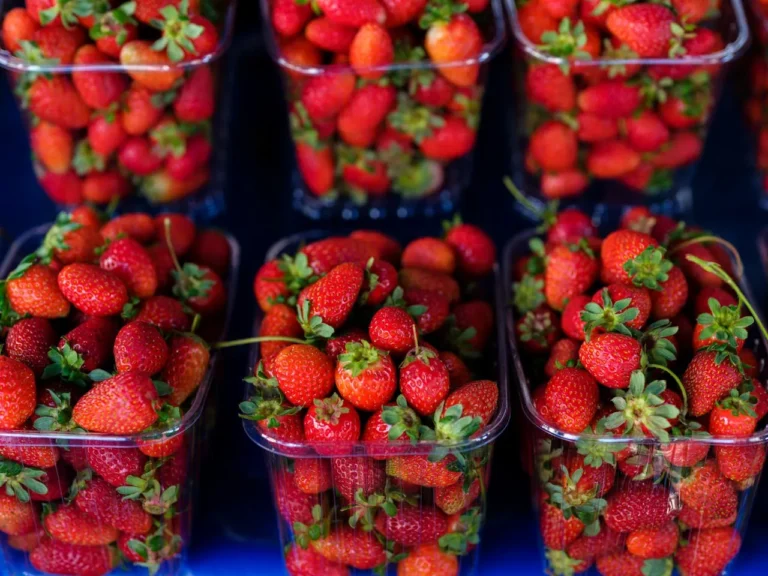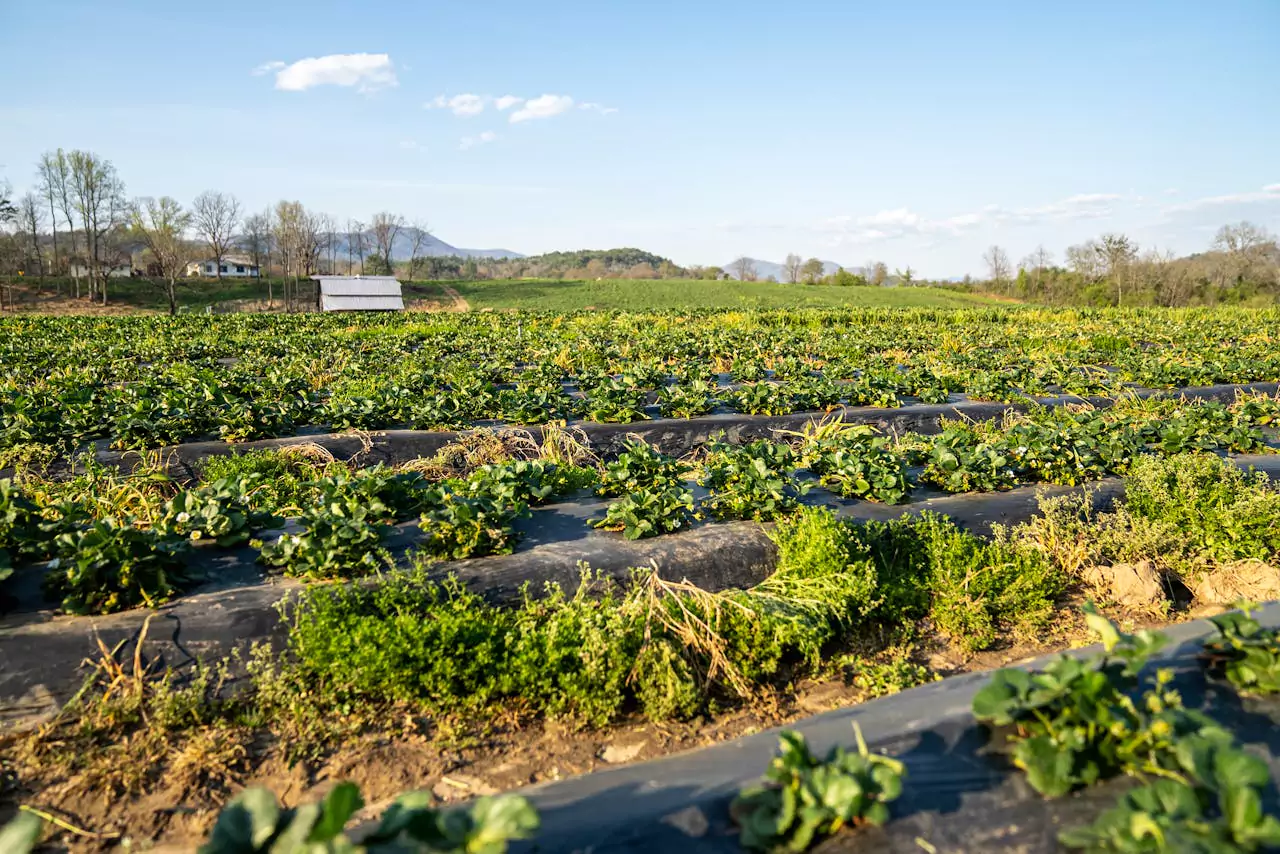
The PBS series Travels and Traditions is spotlighting sustainable farming practices with a special episode that features Stefan Soloviev, the founder of Crossroads Agriculture. This progressive agricultural operation spans an impressive 400,000 acres across Colorado, Kansas, and New Mexico. For over 20 years, Crossroads Agriculture has been leading the way in sustainable and efficient farming, setting a precedent for others to follow. The episode, airing on PBS, explores how Soloviev and his team at Crossroads Agriculture have successfully implemented innovative farming techniques that not only enhance productivity but also promote environmental sustainability.
Crossroads Agriculture is renowned for its commitment to sustainable farming, particularly in the realm of dryland farming. Soloviev’s company has become a pioneer in the use of no-till and minimum-till farming practices, as well as crop rotation and the cultivation of drought-resistant crop varieties. This approach has been instrumental in allowing the company to thrive in the challenging conditions of the Western United States, where droughts are increasingly common and water resources are in short supply.
The program highlights Soloviev’s personal journey and the evolution of Crossroads Agriculture. Originally from New York City, Soloviev was drawn to farming at a young age. He quickly recognized the vital importance of modernizing traditional agricultural practices to ensure both the economic success of farming operations and the long-term health of the land. His passion for farming was nurtured by the help of local farmers, who not only taught him about the ins and outs of agriculture but also instilled in him a deep appreciation for the land and the agricultural community.
A significant aspect of the episode is the conversation around the pressing issues facing farmers in the West. The ongoing drought in this region, coupled with the rapid depletion of Western aquifers, has made sustainable farming practices more critical than ever. According to Burt Wolf, the producer and host of Travels and Traditions, the focus on sustainable farming is timely and necessary. “Sustainable farming is particularly important given the drought in the West and the major depletion of Western aquifers,” he notes.
Exploring 5 Innovative Sustainable Farming with Crossroads Agriculture on PBS’s ‘Travels and Traditions
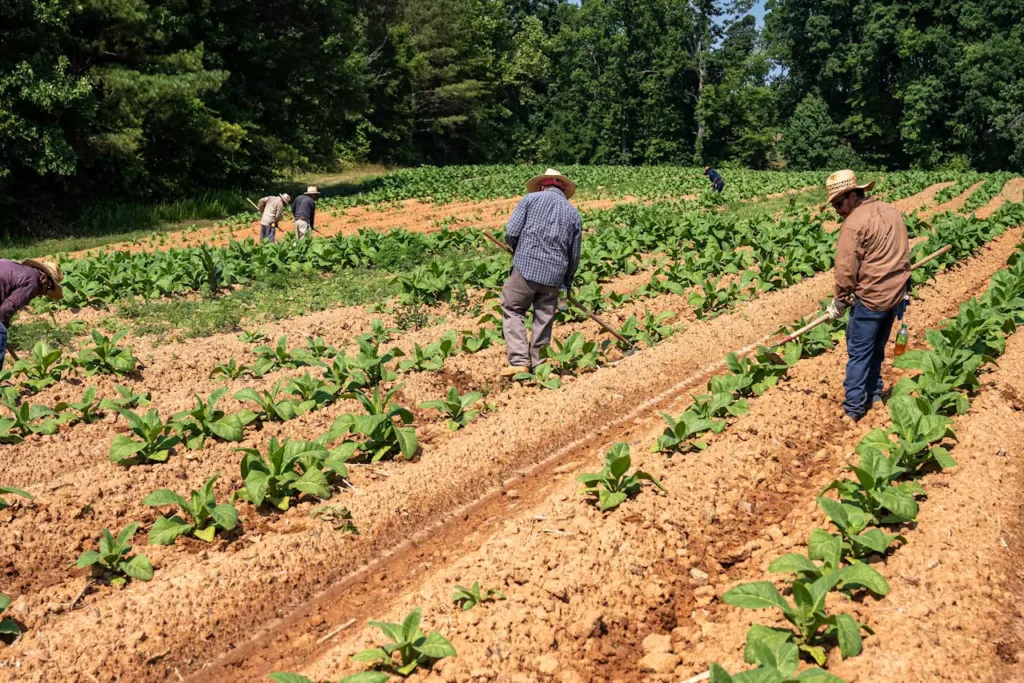
Crossroads Agriculture’s success serves as an inspiring example of how innovative farming methods can help alleviate some of these challenges. Through a combination of cutting-edge technology, eco-friendly practices, and a commitment to conservation, Soloviev and his team have not only maintained a profitable operation but have also contributed to the health of the region’s agricultural ecosystem. One of the standout successes of Crossroads Agriculture is its wheat and milo harvests in eastern Colorado. These harvests now exceed the grain elevator capacity in the region, a testament to the effectiveness of their farming methods. In response, Crossroads has invested in state-of-the-art silos, logistics facilities, and a network of trains to transport the harvested crops efficiently. These investments are not only vital for the success of Crossroads Agriculture but also benefit local farmers who rely on the company’s infrastructure to process and distribute their own crops.
Soloviev’s dedication to sustainable farming goes beyond just his own operation. He has made it a point to collaborate with local farmers, sharing knowledge and resources to ensure that they, too, can thrive in an increasingly challenging agricultural environment. By working together, Soloviev believes that farmers can create a more resilient farming community that is better equipped to handle the environmental and economic challenges of the modern world.
One of the driving forces behind Crossroads Agriculture’s sustainable approach is the focus on preserving soil health. By utilizing no-till and minimum-till farming techniques, Crossroads helps maintain the integrity of the soil, reducing erosion and improving water retention. Additionally, the practice of crop rotation helps to keep the soil fertile and reduce the reliance on chemical fertilizers. The incorporation of drought-resistant crop varieties also plays a crucial role in ensuring that crops can withstand the harsh conditions of the region, which are exacerbated by climate change.
The episode of Travels and Traditions also touches on the broader implications of sustainable farming practices for the agricultural industry as a whole. As the global population continues to grow and the demand for food increases, it becomes increasingly important to find ways to produce more food using fewer resources. Crossroads Agriculture’s methods offer a blueprint for how large-scale farming operations can achieve both productivity and sustainability. The company’s emphasis on conservation, efficiency, and innovation demonstrates that it is possible to run a profitable farming operation while also caring for the land and the environment.
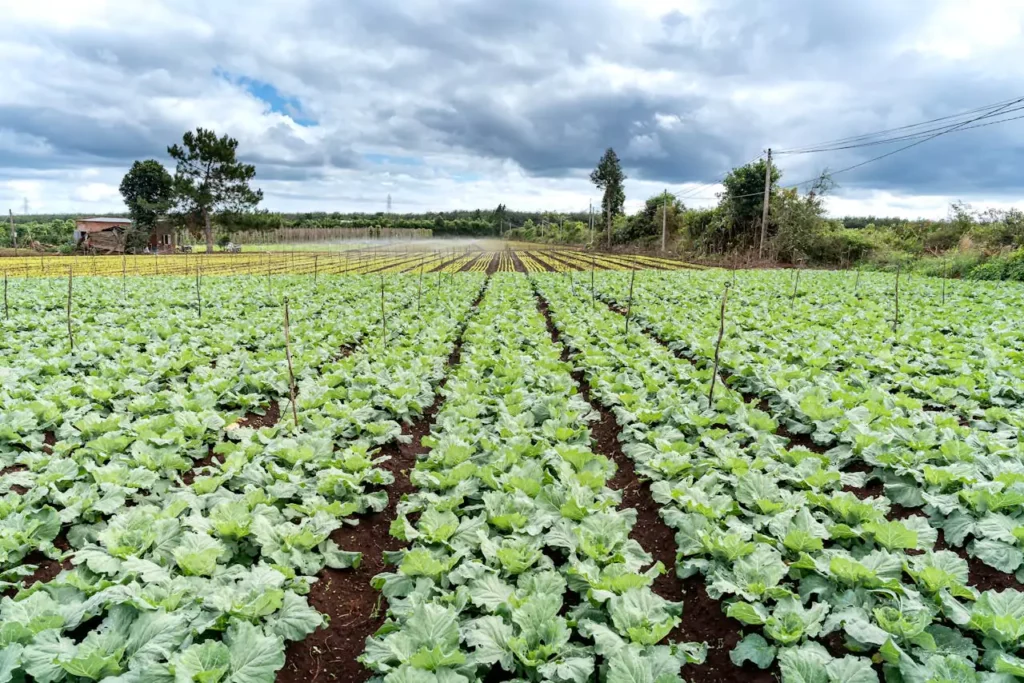
Soloviev’s vision for the future of farming is one that prioritizes sustainability and cooperation. He believes that by working together, farmers can address the challenges posed by climate change, water scarcity, and other environmental factors. His approach is grounded in the belief that farming is not just a business but a responsibility to the land, the community, and future generations.
The episode is not just a celebration of the success of Crossroads Agriculture but also a call to action for other farmers and agricultural stakeholders to embrace sustainable practices. It serves as a reminder that the choices made in farming today will have lasting impacts on the environment, the economy, and the global food system. By prioritizing sustainability, farmers can help ensure that future generations will be able to enjoy a healthy and productive agricultural landscape.
Through Travels and Traditions, viewers get a glimpse into the world of sustainable farming, where innovation, dedication, and a deep respect for the land combine to create a more sustainable future. The program’s focus on Crossroads Agriculture and Stefan Soloviev’s vision is an inspiring story of how one farming operation is making a difference in the face of some of the most pressing challenges of our time.
In conclusion, the special episode on Travels and Traditions offers a powerful message about the importance of sustainable farming. Stefan Soloviev’s work with Crossroads Agriculture is a shining example of how forward-thinking farming practices can address the challenges posed by drought, water scarcity, and soil depletion. Through innovative methods such as no-till and minimum-till farming, crop rotation, and the use of drought-resistant crops, Crossroads Agriculture has not only ensured the success of its own operations but has also supported local farmers and contributed to the broader goal of sustainable agriculture. The program serves as a reminder that sustainable farming is not only possible but essential for the future of agriculture and the health of our planet.


